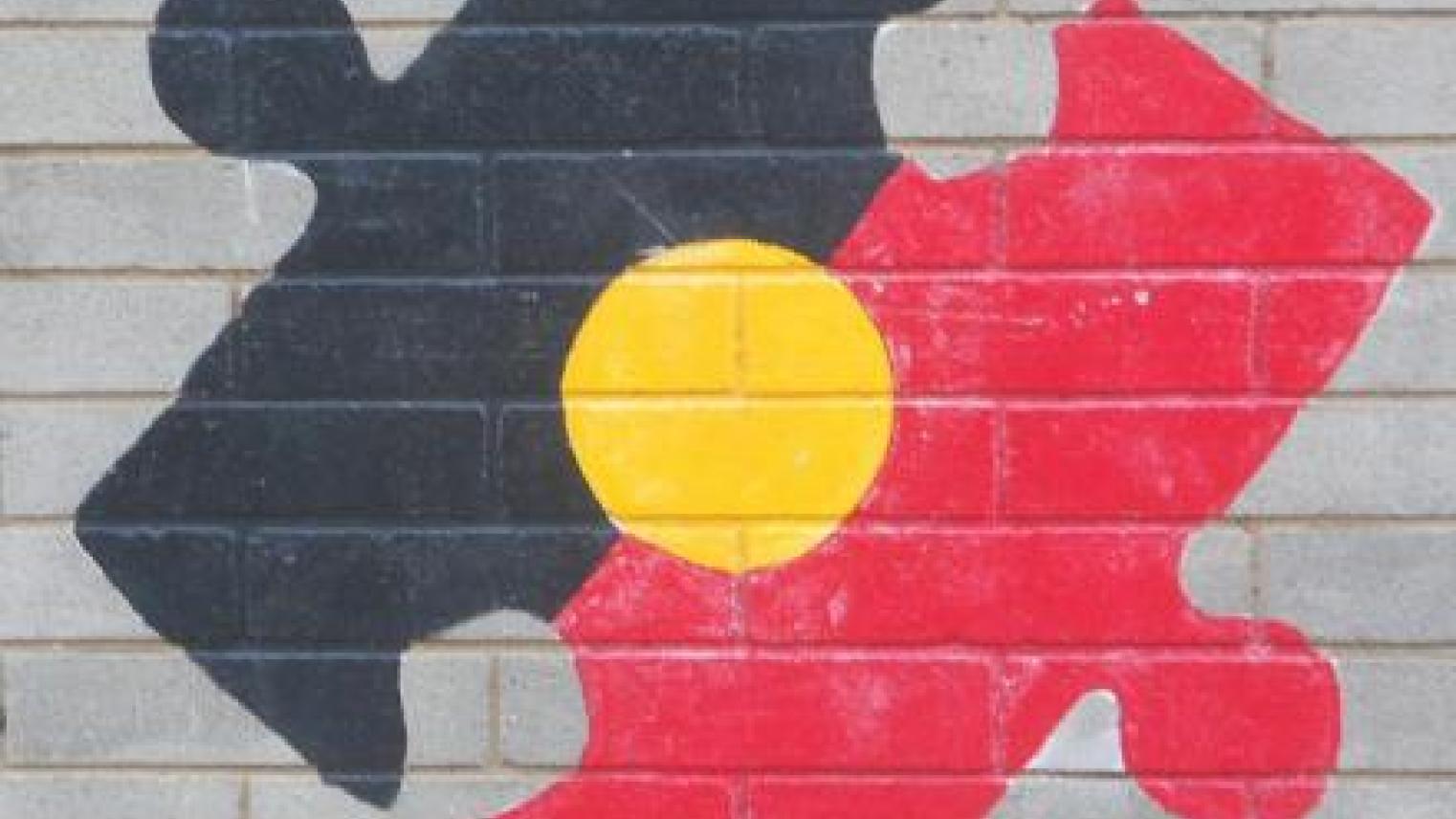ANU experts examine Constitutional Recognition

Professor Jon Altman and Dr Shelley Bielefeld of RegNet and Dr Asmi Wood from ANU College of Law delivered a public seminar to explore Indigenous forms of resistance in the context of constitutional Recognition.
The Australian Constitution became law on 9 July 1900. Now, 116 years later, the Constitution (specifically sections 25 and 51) still permit the passing and enforcement of laws that allow institutional discrimination.
According to a survey by the Vote Compass, three-quarters of Australians support amending the Constitution.
And while the issue is gaining more political attention, there is little understanding on how constitutional reform might successfully Close the Gap.
“We need more Indigenous voices in this debate,” Professor Altman told the audience.
Professor Altman reported on an important consultation meeting hosted by the Victorian government in February 2016 on progressing constitutional recognition. But First Nation representatives at the meeting rejected what they regarded as a flawed recognition process driven by the Commonwealth government and instead reactivated the call for a Treaty or Treaties as a priority.
“In this example we see Victoria’s First Nations advocating for self-determination and see recognition as a secondary matter,” Professor Altman said.
“This is a case of ‘constructive resistance’ whereby Aboriginal people in Victoria are taking over the agenda setting and establishing a process that reflects their priorities”.
Dr Bielefeld went on to explore the “Anti Recognise” campaign which argues that Constitutional reform could be seen as synonymous to granting consent to being governed and relinquishing rights to sovereignty and self-determination.
“This particular movement is saying de-colonise, don’t recognise,’ said Dr Bielefeld.
Dr Bielefeld also analysed the Expert Panel Report recommendations. She warned that it is problematic to put forward a constitutional Recognition proposal that still allows the Federal Parliament to enact racially discriminatory laws affecting First Nations so long as the Parliament considers these laws to be beneficial for overcoming disadvantage. She stated that is the basis upon which so many racist colonial laws have been rationalised to date.
Dr Asmi Wood, Indigenous Barrister, constitutional recognition scholar and supporter says Constitutional reform is about fixing up Anglo-Australian laws.
“When we talk about resistance in this context, Anglo-Australian law resist Indigenous culture not the other way around.
“Constitutional recognition is not the end but the first step in a thousand mile journey,” Dr Wood Said.
While the panellists each had differing and nuanced views on the matter – all were in agreement that the government needed to develop clear policy outcomes of how constitutional recognition would benefit First Nations either preceding or following more comprehensive settlement of grievances.
Image: Michael Coghlan (Flickr) under CC BY-SA 2.0